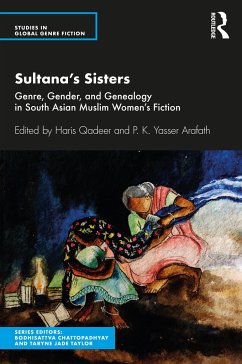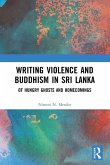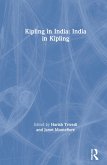This book traces the genealogy of 'women's fiction' in South Asia and looks at the interesting and fascinating world of fiction by Muslim women. It explores how Muslim women have contributed to the growth and development of genre fiction in South Asia and brings into focus diverse genres, including speculative, horror, campus fiction, romance, graphic, dystopian amongst others, from the early 20th century to the present. The book debunks myths about stereotypical representations of South Asian Muslim women and critically explores how they have located their sensibilities, body, religious/secular identities, emotions, and history, and have created a space of their own. It discusses works by authors such as Rokeya Sakhawat Hossain, Hijab Imtiaz Ali, Mrs. Abdul Qadir, Muhammadi Begum, Abbasi Begum, Khadija Mastur, Qurratulain Hyder, Wajida Tabbasum, Attia Hosain, Mumtaz Shah Nawaz, Selina Hossain, Shaheen Akhtar, Bilquis Sheikh, Gulshan Esther, Maha Khan Phillips, Zahida Zaidi, Bina Shah, Andaleeb Wajid, and Ayesha Tariq. A volume full of remarkable discoveries for the field of genre fiction, both in South Asia and for the wider world, this book, in the Studies in Global Genre Fiction series, will be useful for scholars and researchers of English literary studies, South Asian literature, cultural studies, history, Islamic feminism, religious studies, gender and sexuality, sociology, translation studies, and comparative literatures.
Hinweis: Dieser Artikel kann nur an eine deutsche Lieferadresse ausgeliefert werden.
Hinweis: Dieser Artikel kann nur an eine deutsche Lieferadresse ausgeliefert werden.








